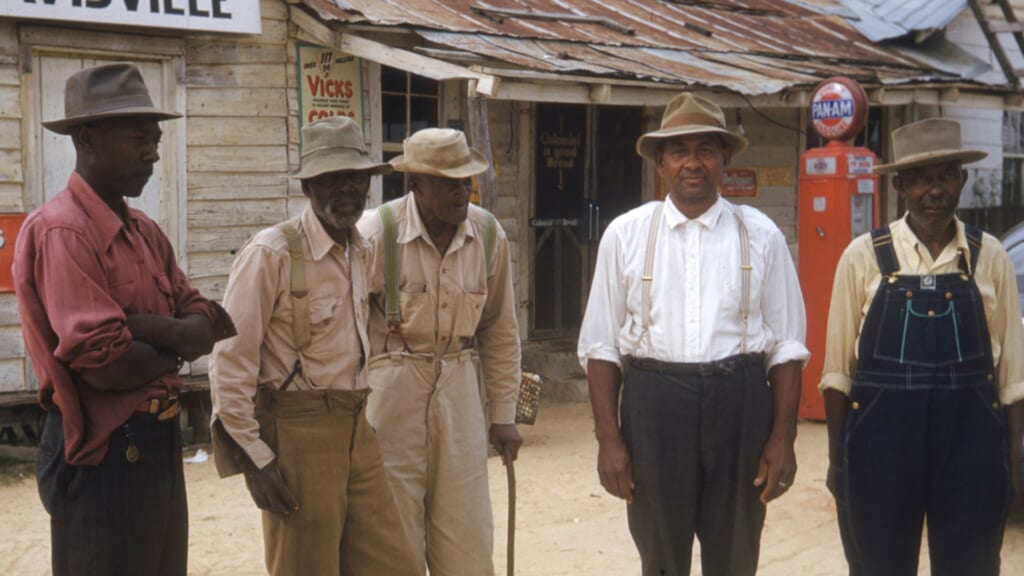Daughters of Tuskegee Syphilis Study survivors address COVID-19 vaccine
That infamy is why 35 percent of Blacks would 'probably not' or 'definitely not' take a vaccine.
As the vaccines against coronavirus start to roll out across the country first to the most vulnerable, some African Americans have expressed concerns about taking it, based on history.
A new study by the Kaiser Family Foundation found that 35 percent of Black Americans still would “probably not” or “definitely not” take a coronavirus vaccine, even if scientists deem it safe, and it is widely available for free.

Additionally, 71 percent of Black Americans are concerned about side effects, and nearly half say they have a general distrust in vaccines.
Historically, the 40-year Tuskegee Syphilis Study — which took place from 1932 to 1972 — is often cited, blamed for widespread vaccine distrust and dismissal of early medical research.
Read More: Jeremih suffered organ failure, had to learn to walk again after battling COVID-19
When the United States Public Health Service began working at Tuskegee Institute to study syphilis, they examined 600 Black men in rural Macon County, Alabama, 399 of whom had the disease while 201 did not. The men were studied without their consent and were never informed of the real purpose of the effort. They were also not treated for syphilis, which could have been cured with a shot of penicillin.
Morgan Jerkins spoke to two women who are descendants of a man involved in the Tuskegee study. Their group, Voices For Our Fathers Legacy Foundation, works tirelessly to tell the stories of the victims involved. Further, the group regularly contributes to national conversations about bioethics.
Read More: Ohio girl, 9, wanted to ‘touch a lot of hearts’ before death from COVID-19, mom says
In the article, published on Zora, the women discuss the study and the work in which their organization engages, including providing scholarships to deserving young people. But, perhaps most importantly, they address the trepidation about taking the coronavirus vaccine.
“What I find interesting is that when penicillin became known as the therapy for treating syphilis, those men were denied treatment. I’m having trouble understanding the logic,” said Lillie Head, the foundation’s board president. “The men in the study didn’t get a vaccine. You are comparing men not getting a vaccine to a vaccine that is available. So how can you compare not having something to the opportunity to have something?”
Read More: US vaccinations ramp up as 2nd COVID-19 shot nears
“I can see if some people believe, well, they’re not gonna give it to us anyway or if what they give us may be different than someone else,” she continued. “But that’s not the case either.”
The now-infamous treatment of its subjects at Tuskegee, Head maintained, is the reason why “an Institutional Review Board (IRB) was created, and part of that board is responsible for analyzing and approving the Covid-19 vaccine.”
Read More: Biden lays out three-point plan to combat coronavirus
“We need to be a part of something that’s bigger than us, and we need to step out on faith,” Head’s sister, Joyce Christian, said, noting that 300,000 people — disproportionately Black people — have died.
“I think our father would want us to step out on faith,” said Christian, who serves as assistant secretary of the Voices For Our Fathers Legacy Foundation board. “We have been brought to our knees, and we need to stand together. We need to seek some relief.”
Have you subscribed to theGrio’s “Dear Culture” podcast? Download our newest episodes now!
TheGrio is now on Apple TV, Amazon Fire and Roku. Download theGrio.com today!
More About:News

